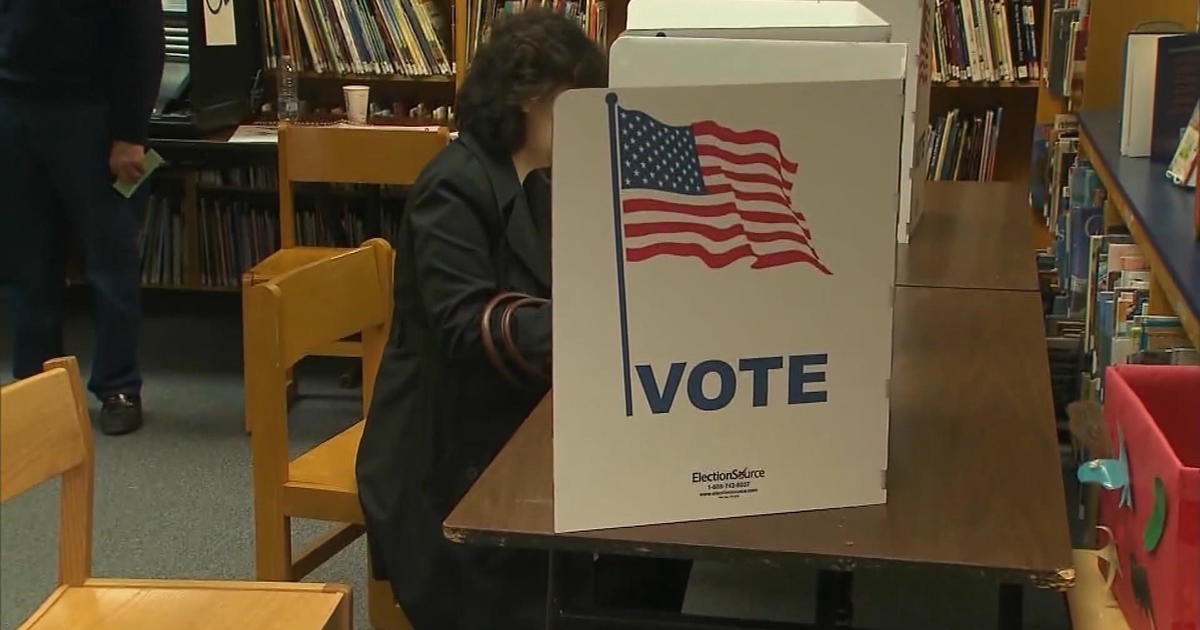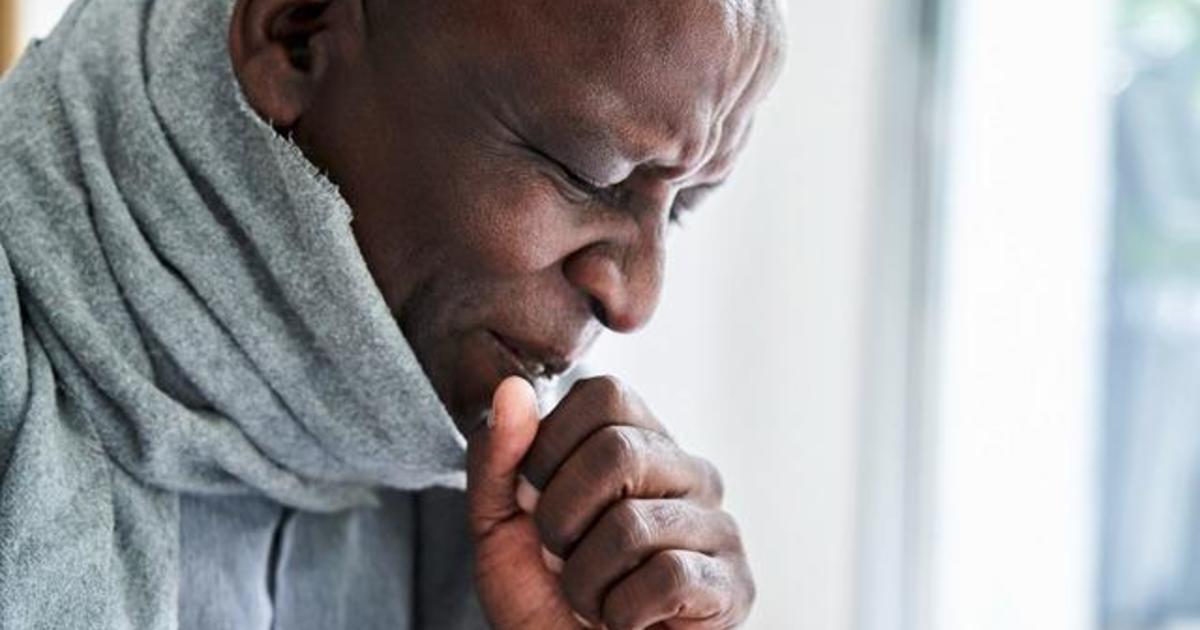Everything You Need to Know About The Electoral College
With election polls and pundits in the spotlight as Election Day approaches, it can be easy to forget that the Electoral College is actually the voting body that will decide who becomes the next President on the United States on November 8.
The Electoral College can often times seem convoluted, so here is a quick refresher on what the college is and the role your vote plays in the process of electing the next President and Vice President.
Where Did The Electors Come From and How Many are There?
Each state and Washington D.C. is granted a number of "electors" equal to the number of Congressmen the state has. Washington D.C.'s allotment is equal to the number of electors the state with the lowest population gets. Electors are nominated by the political parties, though the exact mechanics vary from state to state. There are currently 538 electors.
How Do We Get from Electors to a President?
A candidate needs 270 electoral votes to win. Those votes get distributed when citizens go to the ballot box—when you are voting, you are actually selecting the electors. Those electors are each pledged to a specific candidate. With the exception of Nebraska and Maine, whichever group of electors gets the majority vote determines where the entirety of the state's votes go. If Colorado's Democratic electors win the popular vote, all nine of Colorado's electoral votes would go to the Democratic candidate. The electors officially cast their votes on the Monday following the second Wednesday of December (i.e., December 19).
What if an Elector Votes Against What They Pledged?
It has happened 157 times since 1796, and it is called "faithlessness." About half the states in the U.S. have laws requiring electors to vote in line with their parties. Michigan and Minnesota will void the vote of a faithless elector, and while other states have ways to penalize a faithless voter, those punishments have not been enforced.
What if there is a Tie or No One Gets 270 Votes?
If a state goes to a third party candidate or some faithless voters prevent a candidate from hitting 270 votes, the responsibility of electing the next president falls to the House of Representatives. The house votes on the top three candidates for the presidency, with each state getting only one vote. The first to 26 votes wins. The same process would take place for the Vice President, who is elected by the Senate, with each senator getting a vote. Therefore, a winner would need 51 votes.
Where is this Election?
In this year's election, many polls are projecting Hillary Clinton is already fairly close to her 270 electoral votes, though the votes of a few key states, the oft-mentioned "swing states," could take the election either way.



